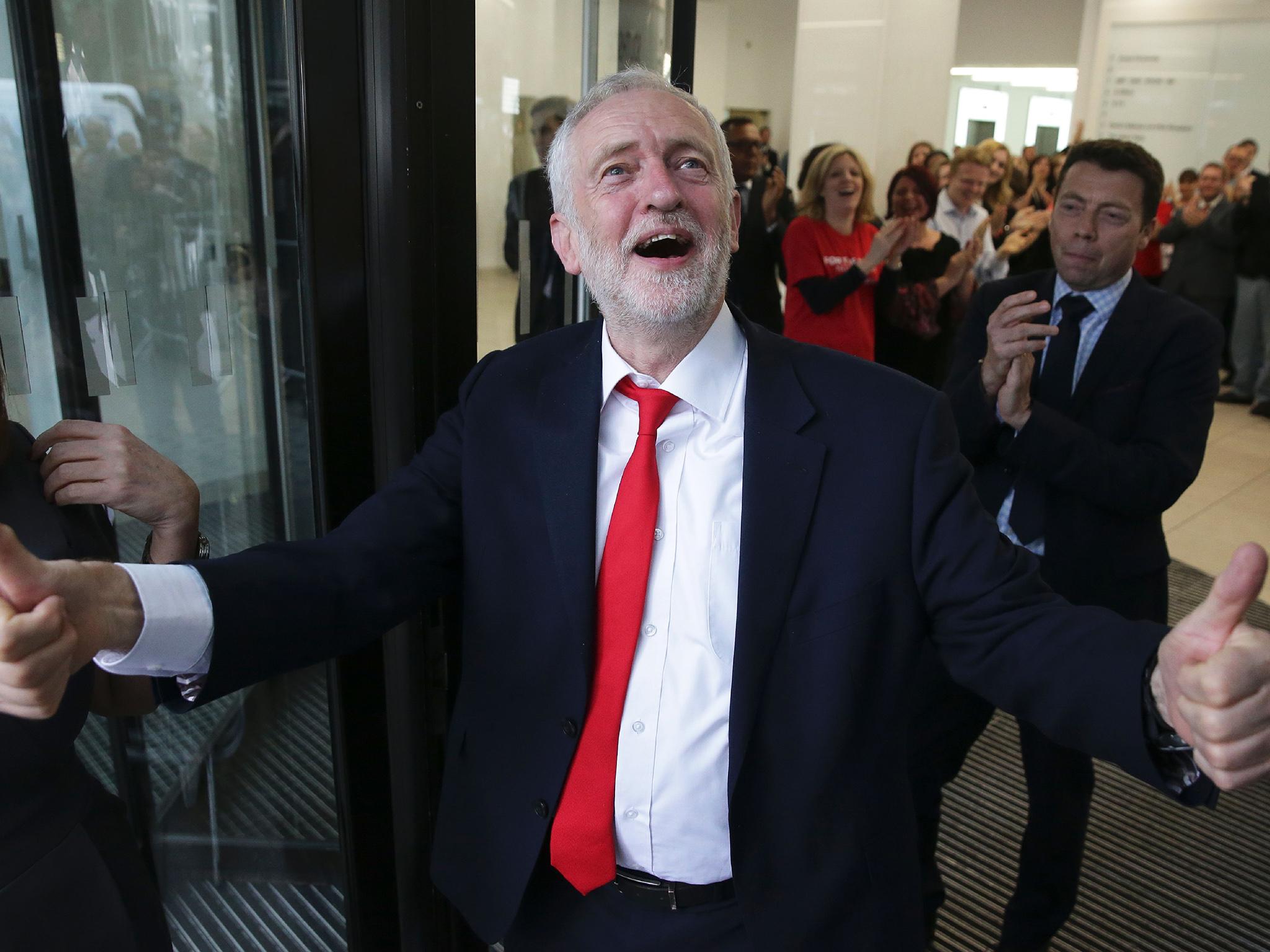Young people – you can't call yourself 'radical' if you don't support Brexit
It seems that, to some young people, being radical today means little more than chanting for Labour politicians at music festivals and signalling your contempt for capitalism on Twitter

Your support helps us to tell the story
From reproductive rights to climate change to Big Tech, The Independent is on the ground when the story is developing. Whether it's investigating the financials of Elon Musk's pro-Trump PAC or producing our latest documentary, 'The A Word', which shines a light on the American women fighting for reproductive rights, we know how important it is to parse out the facts from the messaging.
At such a critical moment in US history, we need reporters on the ground. Your donation allows us to keep sending journalists to speak to both sides of the story.
The Independent is trusted by Americans across the entire political spectrum. And unlike many other quality news outlets, we choose not to lock Americans out of our reporting and analysis with paywalls. We believe quality journalism should be available to everyone, paid for by those who can afford it.
Your support makes all the difference.Over the past 18 months I’ve been called a racist, a xenophobe, stupid, ignorant. Why? Because I’m a young person who voted for Brexit.
Polls estimate that a quarter of under-25s voted Leave, in contrast to 52 per cent of the country at large. I was one of them.
We don’t hate Europeans. We’re not all nationalists. We are just young people who believe democracy is important. We believe that people should always have the right to consent to the institutions they are ruled by. These are the ideas that animated my thinking in the run-up to the referendum, and which made me put a cross next to “Leave”.
It felt daring and exciting. We were making a bold political decision that went against the advice of virtually the entire establishment. It was a truly radical moment: we were part of a ballot-box revolt against the technocratic elite.
So it came as a surprise to me to discover that many of my own peers detested my vote. I had been under the illusion that young people like to revolt against disconnected, oligarchical and powerful institutions.
Isn’t it pretty much obligatory when you’re in your twenties to be angry at the world and to challenge the status quo? Why, then, did 75 per cent of my generation line up behind the banks, the state, the media elite – everyone we’ve historically railed against – and refuse to get on board with this great democratic revolt?
Strangely, many of those who have attacked me and other Leavers are self-proclaimed radicals. I know young Corbynistas who pride themselves on being “radical”. They are forever banging on about Momentum being the new edgy voice, or Jeremy Corbyn representing a desire for radical change. And yet they were made uncomfortable by a genuine, people-led revolt against the powerful. It seems that, to some young people, being radical today means little more than chanting for Labour politicians at music festivals and signalling your contempt for capitalism on Twitter.
An NUS poll suggests that two-thirds of students want a second referendum. But asking the demos to go back to ballot box and to get it “right” this time is not democratic – it is an expression of suspicion with popular sovereignty.
Let me make this clear: calling for the overthrow of a democratic mandate is not radical. Cut the crap about a second vote and fulfil what the majority of Britons voted for – a break from Brussels.
So here’s a message to my fellow youths: you talk up your radical politics-of-the-people, but when a real revolt happened, you were on the wrong side of it. It seems you would rather support an authoritarian clique in Brussels than everyday people here at home.
Brexit is exciting, imaginative, and full of possibilities. Your lack of interest in it, and, worse, your desire to undermine it, is depressing. If you want to undo such a momentous political mandate, and throw your lot in with powerful politicians, bankers and billionaires who likewise hate Brexit, then I’m afraid you don’t know the first thing about being radical.
Emily Dinsmore works at Spiked online
Join our commenting forum
Join thought-provoking conversations, follow other Independent readers and see their replies
0Comments